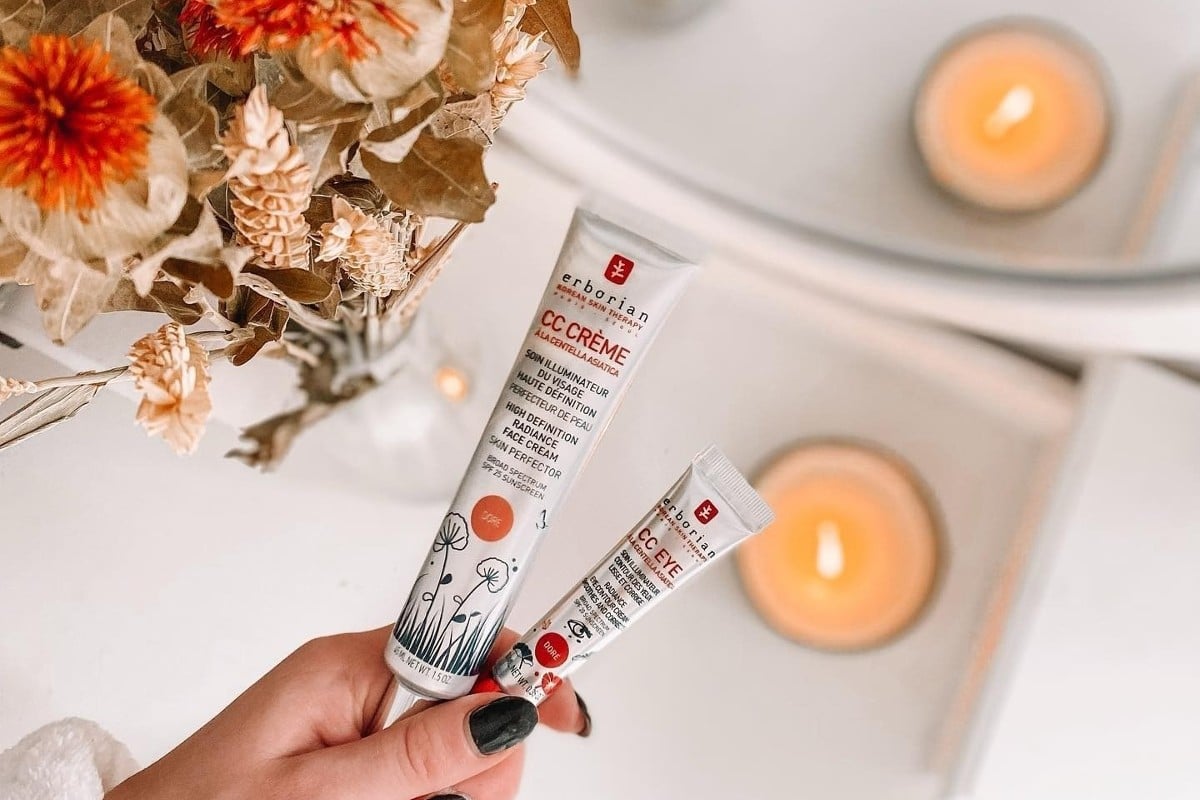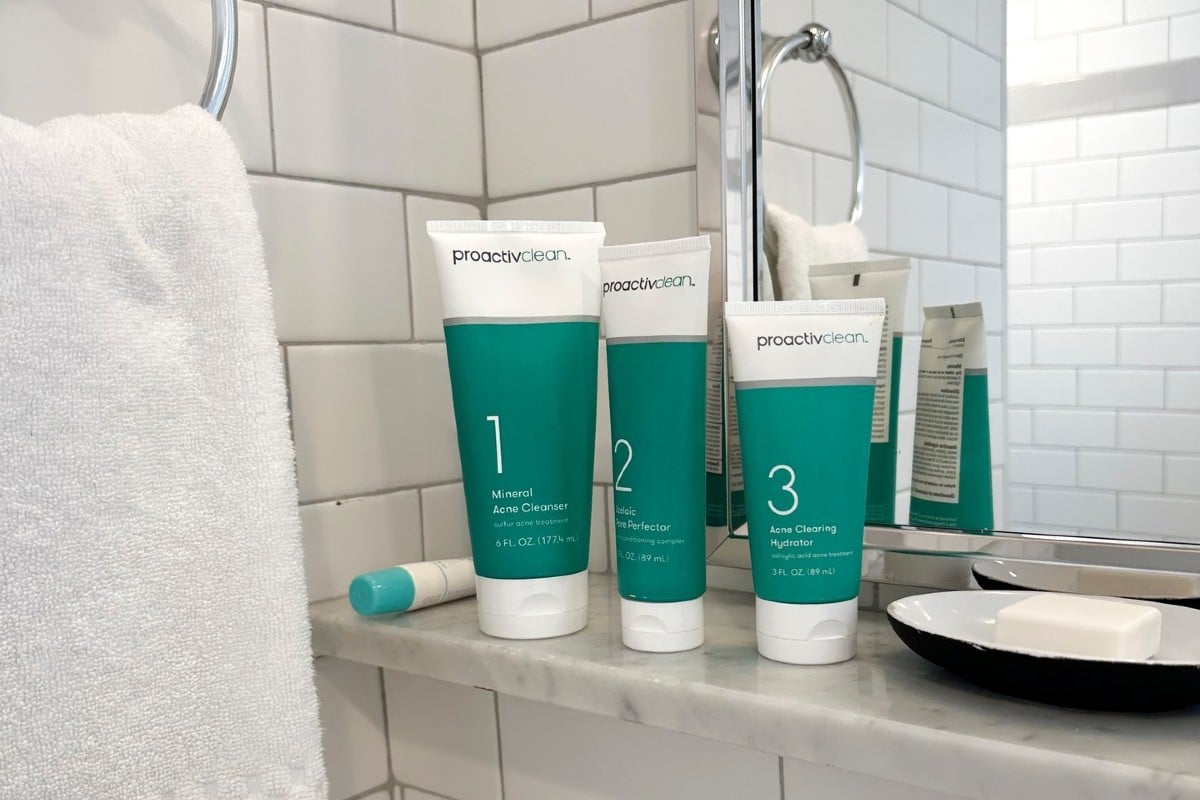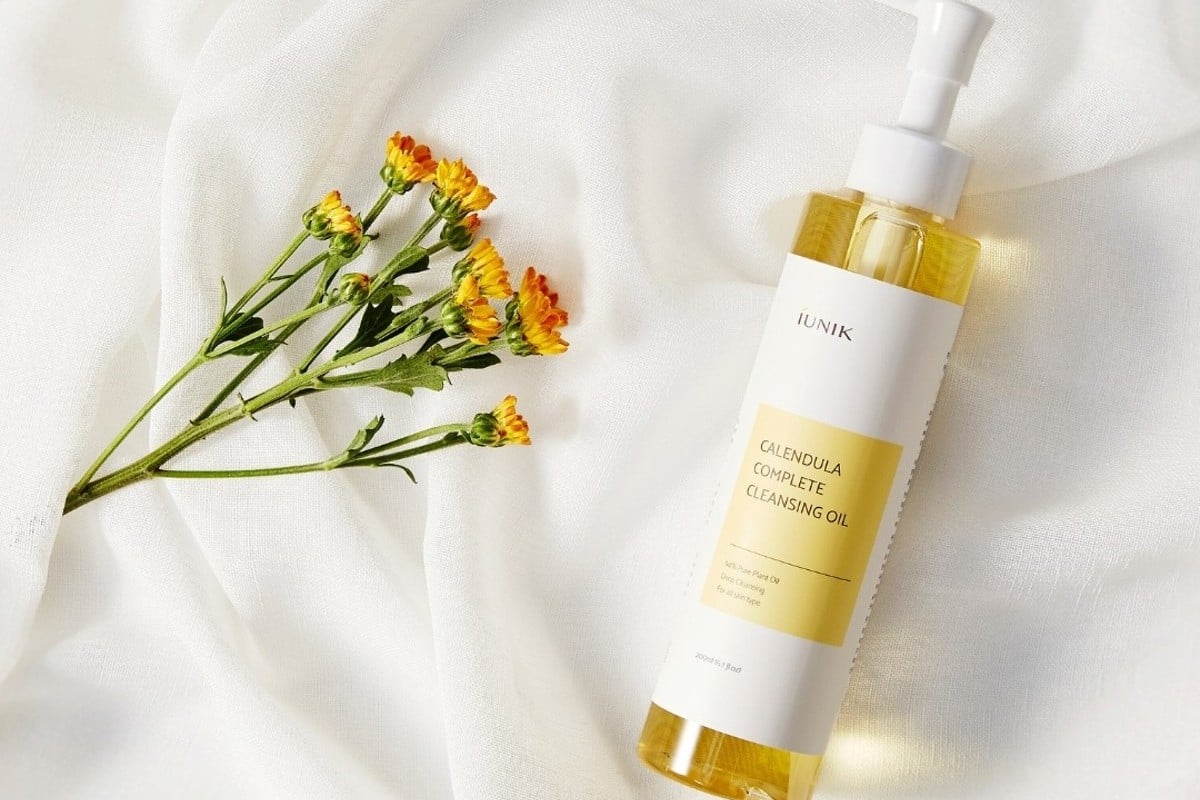One day your skin is clear and the next it’s covered in acne. It’s not the best feeling, isn’t it? So ever wonder why these sudden acne breakouts happen? It’s not just about oily skin or that chocolate bar you had last night. There’s a whole world of reasons behind these uninvited blemishes. The solution? Find out what sets off your sudden acne breakouts and steer clear of those triggers. Let’s get to the bottom of this together and find out what your skin is trying to tell you.
Sudden breakouts vs regular acne
Sudden breakouts and regular acne might look the same, but they often have different causes, show different patterns, and require different treatments. Here’s how you can figure out what you’re dealing with:
Regular acne follows a predictable pattern, often linked to hormonal cycles, genetics, or long-term skin conditions, like oily skin. These breakouts are usually gradual, giving subtle hints before fully surfacing. You might notice pores getting more clogged or the skin feeling oilier over weeks. This form of acne often responds predictably to skincare routine and treatment.
In contrast, sudden acne breakouts can feel like they appear overnight. They’re often triggered by specific, sometimes temporary factors. Think stress, which spikes cortisol levels, or a reaction to a new skincare product, which disrupts your skin’s natural balance. Even environmental changes like humidity or pollution can play a role. These sudden breakouts are characterized by a swift onset, where the skin goes from clear to inflamed in a short time and the usual skincare routine might not be as effective.
Unlike regular acne, which often follows a familiar pattern (like appearing in the T-zone for those with oily skin), sudden acne can randomly appear in different areas, like the face, cheeks, and forehead. This randomness can be linked to various factors. For instance, the forehead might break out in response to haircare products or hats, while the cheeks could be reacting to changes in your environment or bacteria on your phone.
Causes of sudden acne breakouts
- Hormonal fluctuations: This is a big one. Hormones like androgens can increase due to stress, menstrual cycles, or even certain medications, leading to increased sebum production. Sebum is the oil produced by our skin’s sebaceous glands, and excess sebum can clog pores and create a prime environment for acne. Unlike gradual hormonal acne that often shows on the jawline and chin, sudden hormonal breakouts can flare across the face, often on the forehead and cheeks.
- Stress: When we’re stressed, our bodies produce more cortisol, a stress hormone. Cortisol indirectly boosts oil production in the skin, which can lead to clogged pores. Stress-induced acne often appears in the T-zone (forehead, nose, and chin) because these areas have more oil glands that react to hormonal changes.
- Foods: High glycemic and dairy foods can cause a quick spike in blood sugar and inflammation, leading to breakouts around the mouth and jawline.
- Cosmetics: Products that are too oily or comedogenic can be problematic and cause blackheads (clogged pores) overnight.
- Purging: Skin purging is a natural reaction to active ingredients that accelerate skin cell turnover. As a result, microcomedones (tiny, early acne formations) turn into visible acne faster. This often looks like a cluster of small, red pimples and can occur anywhere on the face, particularly in areas where you usually get acne.
- Climate factors: High humidity can increase sweat and oil production, while pollution can introduce irritants and bacteria to your skin.
- Medications: Certain medications, including corticosteroids, lithium, and some hormonal treatments, can cause acne as a side effect. Medication-induced acne can surface in various areas, often uniformly across the face and body, as the internal changes affect the whole skin system.
- Hygiene: Sudden acne caused by poor hygiene or external bacteria often appears in areas frequently touched by hands, like around the mouth and the jawline.
- Gut health: Research suggests a link between gut health and skin health. Imbalances in gut flora can lead to inflammation throughout the body.
How to deal with sudden acne breakouts
The trick lies in finding exactly what sparks your breakouts. Once you identify these triggers, you can actively avoid them.
Switch your diet
Take dairy products as an example: they contain hormones and bioactive molecules that can increase oil production. Have you ever noticed more acne breakouts after a dairy-heavy meal, like a cheese fest? It might be a clue. Try to reduce your dairy intake and observe the difference. Instead, follow a diet rich in fiber, probiotics, and anti-inflammatory foods to support gut health and reduce inflammatory acne breakouts.
Watch out what skincare products you use
If your face suddenly breaks out after using a new face cream or foundation, it might be worth switching to acne-friendly products. Ingredients like lanolin and certain oils can be comedogenic, meaning they can clog pores. Switching to products labeled as ‘non-comedogenic’ or ‘oil-free’, which are less likely to block pores, can make a whole world of difference. And don’t forget about the concentration of active ingredients like retinoids or acids; overuse or using products with high concentrations can lead to skin purging.
Adjust your routine according to the weather
Another trigger could be harsh weather. If your face breaks out suddenly and more often in the colder months, it could mean your skin is reacting to the dry, cold air. Using a ceramide cream and gentle cleanser can restore your skin’s natural barrier to better withstand these conditions. On the other hand, if your skin becomes more acne-prone in summer, it could be due to increased sweat and oil production. In this case, using a lighter, non-comedogenic moisturizer and washing your face more often, especially after sweating, can reduce the chances of experiencing sudden breakouts. Here’s how to adjust your skincare routine in humid and dry climates.
Read next: 6 Household Items That Can Cause Acne





